I was never much of a fan of TS (“Tom”, to his few friends) Eliot. Too full of his own piss and self-importance, as a friend of mine used to say. Although I do love The Love Song of J Alfred Prufrock, one of Eliot’s earliest poems. The poem’s lilting lovers’ appeal is composed with words that etch themselves into your soul for life:
Let us go then, you and I,
When the evening is spread out against the sky
Like a patient etherised upon a table;
Let us go, …
However, a recent reading of Lyndall Gordon’s latest literary biography, The Hyacinth Girl, TS Eliot’s Hidden Muse, both revived my interest in his life and – even while liking parts of his poetry (more) – gave me substantive reasons to dislike the man. This is a distinction he now shares with 20th-century English poet Philip Larkin, whose poetry I really do love.
So it is ironic that in this instance a story about Eliot’s life offers a convenient segue to write about a genre of literary biography that has long lurked in my mind asking for an essay: great women who write about great women, and why Gordon is a master of the genre.
First of all let me just say that The Hyacinth Girl is an amazing piece of research and writing, apart from being a ripping yarn. Larkin’s poem, An Arundel Tomb, ends with the line, “What will survive of us is love”, and this is a book that bears that out, even if it is an unflattering love, and one which raises, throughout its telling, many deep questions about how men love and how women love, and how love is always a more tangled and self-defacing web than a one-dimensional wonder.
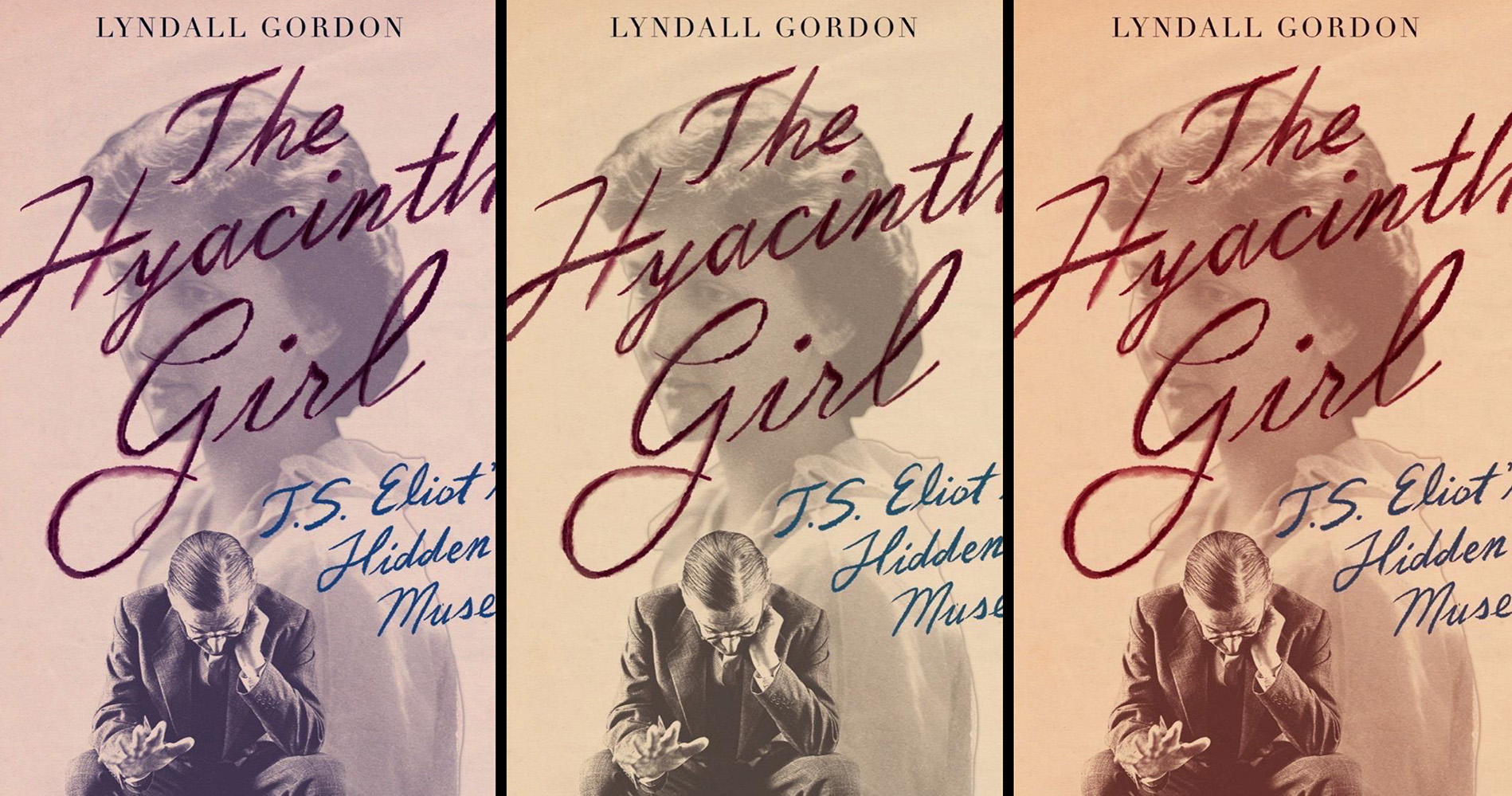 (Image: Goodreads / Wikipedia)
(Image: Goodreads / Wikipedia)
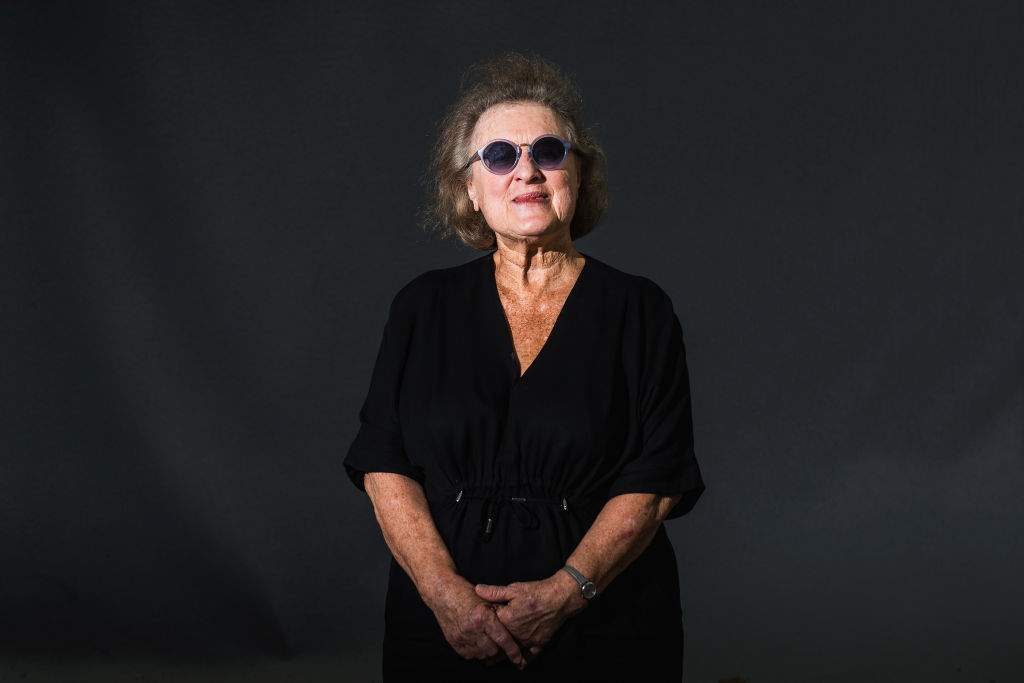 British-based academic writer Lyndall Gordon attends a photocall during the annual Edinburgh International Book Festival at Charlotte Square Gardens on August 21, 2018 in Edinburgh, Scotland. (Photo by Simone Padovani/Awakening/Getty Images)
British-based academic writer Lyndall Gordon attends a photocall during the annual Edinburgh International Book Festival at Charlotte Square Gardens on August 21, 2018 in Edinburgh, Scotland. (Photo by Simone Padovani/Awakening/Getty Images)
Indeed, a whole essay could be written on what this book makes us question about our preconceptions of love.
However, the essence of The Hyacinth Girl is this: four women loved TS Eliot at different and concurrent points in his life. Two are known; his two wives, Vivienne Haigh-Wood and Valerie Fletcher; one, Mary Trevelyan, is less known.
But one, Emily Hale, was, until the making public of Eliot’s 1,000-plus letter correspondence with her, buried in boxes kept under seal for 50 years at Princeton University library, relatively unknown, until they were opened to readers on 2 January 2020.
Emily Hale is the Hyacinth girl. Lyndall Gordon was one of the first readers.
Read Finuala Dowling’s Daily Maverick review: The Hyacinth Girl: T.S. Eliot’s Hidden Muse’ by Lyndal
In December 1913, in the flurries of first love, Eliot had almost proposed to Hayle (“he very much embarrassed me by telling me he loved me deeply; no mention of marriage was made”). But then he left her in the US to pursue his vision of becoming a great poet, starting out at Oxford in England.
Nothing wrong with that. Life happened.
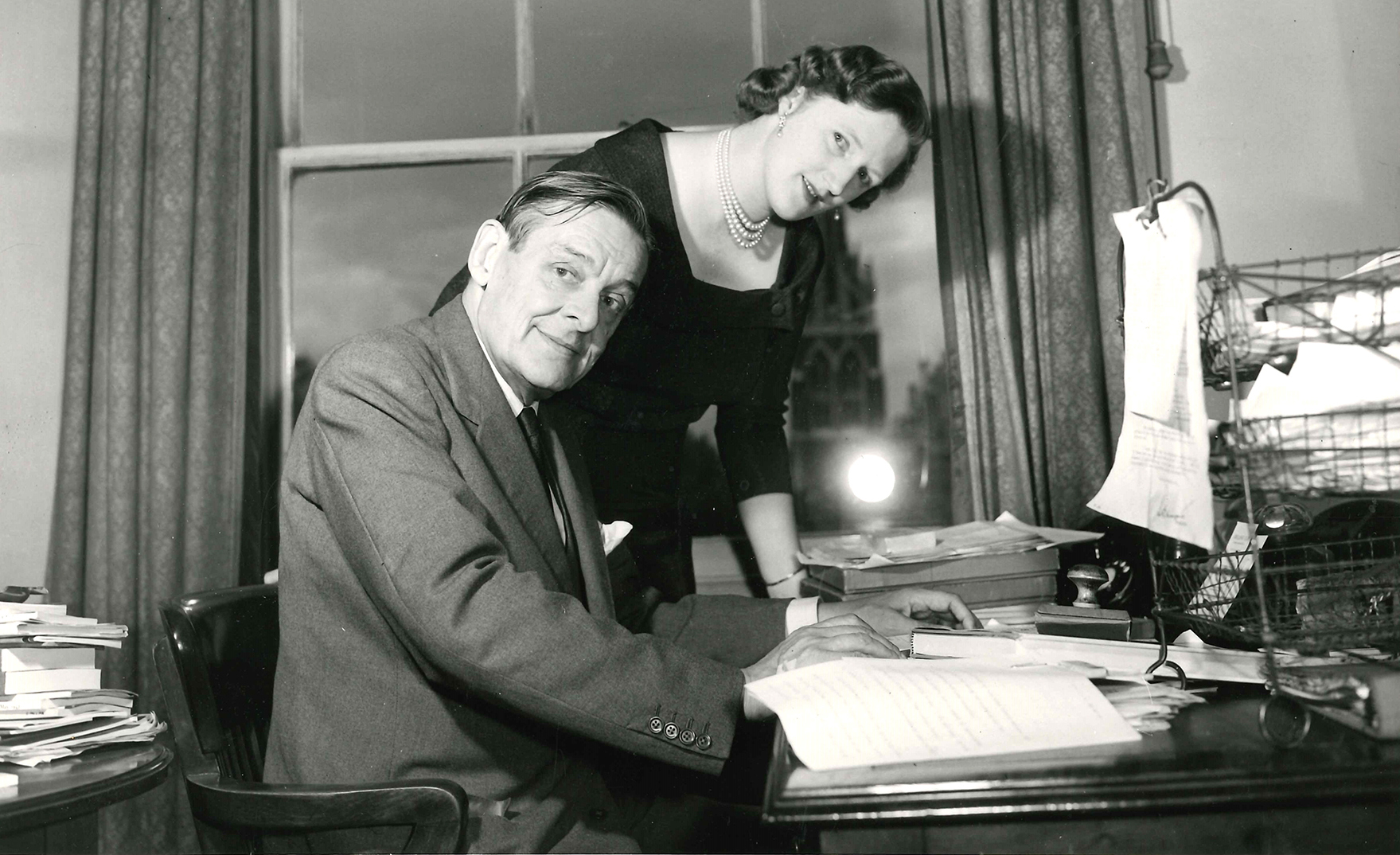 TS Eliot with his second wife, Valerie Fletcher, on 16 August 1958. (Photo: Daily Express / Hulton Archive / Getty Images)
TS Eliot with his second wife, Valerie Fletcher, on 16 August 1958. (Photo: Daily Express / Hulton Archive / Getty Images)
But in 1930, after the reality of a flawed love and marriage to Vivienne had bitten him, he initiated an intense correspondence with Emily – arising from a youthful nostalgia that had grown from that pure feeling of first love captured in a fragment of the The Waste Land:
‘You gave me Hyacinths first a year ago;
‘They called me the hyacinth girl’
And the letter writing continued until the late 1950s.
Gordon had first heard about this trove of letters (1,131 in all) in 1972 when she was a student. She made it her mission to stay alive until the day they were made public: “Then and there I vowed to live to the day the letters would be released.”
Through the letters she brings Hale back to life and shows how she was an intense influence on Eliot’s poetry from as early as The Waste Land, and how (without admitting so) Eliot used his letters to, and strange imagined/ephemeral/contorted love for her, as a way to flight ideas and the first fragments of poetic formulations that later appeared in his poetry and plays. They were written with posterity in mind.
But men will be men, and later Eliot’s complex affection changed. Carnality replaced spirituality? Or maybe I’m being unfair? Wanting to erase all traces of this decades-long love so as to marry Valerie Fletcher, a devotee 38 years younger than him, he burnt most of Emily’s side of the correspondence. He couldn’t, however, prevent her from preserving his tell-tale letters.
Fortunately though, thoroughly modest Emily had made a copy of one determinative letter she wrote to Eliot on 26 April 1945. The aim of the letter was “to realign relations between us once again”, after six difficult years, separated by Eliot’s physical and spiritual distance from her and his continued prevarication over whether he would keep his promise of marriage.
She asks: “Do you still feel that if you were free you wish to marry me? That you would love me as you have these many years, I do not doubt, but that love is so far apart from the other great facts and truth of life, that in these five to six years, I have no way of knowing whether you are as you were or not.”
It’s a fascinating story, a tragedy of unrequited love(s), faithfully told, with cameo parts by the likes of Virginia Woolf, and a restrained minimum of authorial intrusion and judgement.
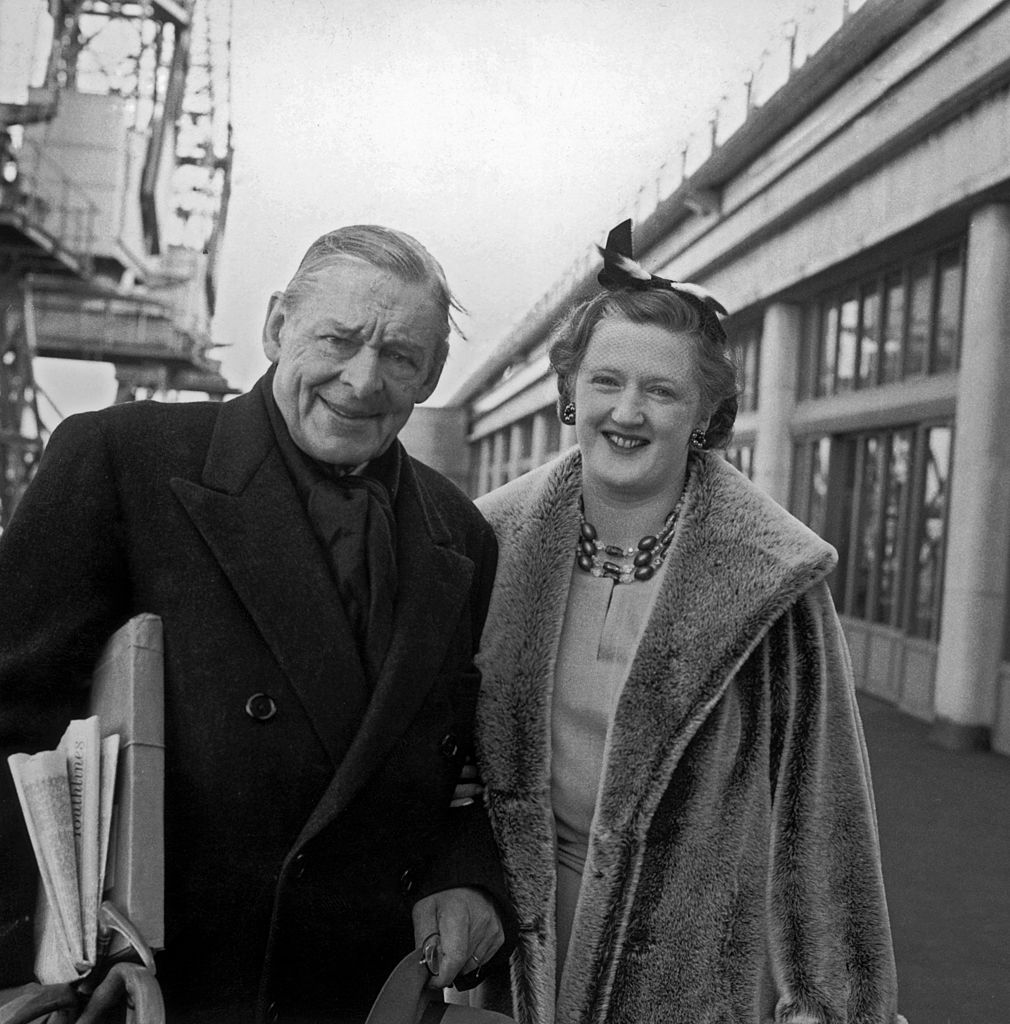 American-born British poet and playwright T.S. Eliot (1888 - 1965) at Southampton with his second wife Valerie, 21st March 1961. (Photo by Evening Standard/Hulton Archive/Getty Images)
American-born British poet and playwright T.S. Eliot (1888 - 1965) at Southampton with his second wife Valerie, 21st March 1961. (Photo by Evening Standard/Hulton Archive/Getty Images)
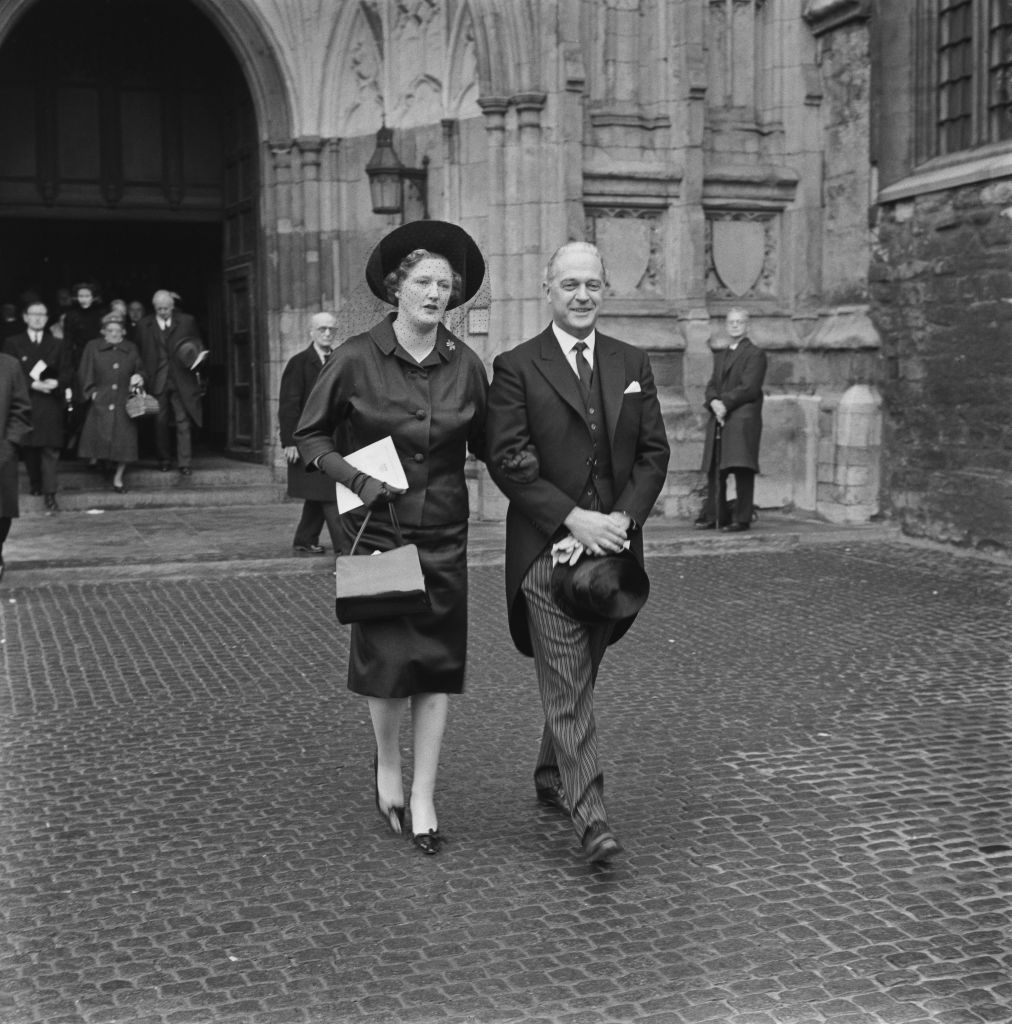 Valerie Eliot, née Fletcher (1926 - 2012), the widow of American-British poet T. S. Eliot, leaves Westminster Abbey in London, after a memorial service for her late husband, UK, 4th February 1965. She is accompanied by her brother, Bruce Fletcher. (Photo by Evening Standard/Hulton Archive/Getty Images)
Valerie Eliot, née Fletcher (1926 - 2012), the widow of American-British poet T. S. Eliot, leaves Westminster Abbey in London, after a memorial service for her late husband, UK, 4th February 1965. She is accompanied by her brother, Bruce Fletcher. (Photo by Evening Standard/Hulton Archive/Getty Images)
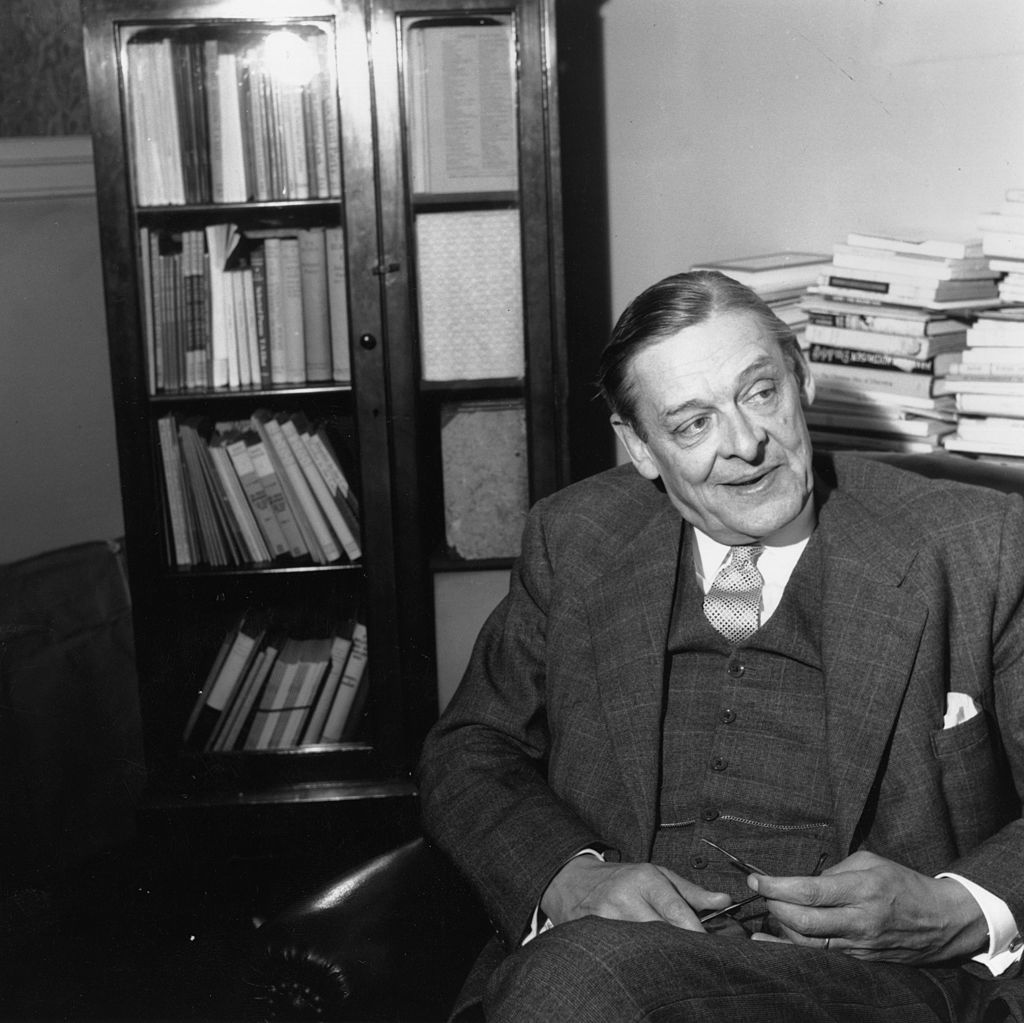 American-English poet and playwright TS Eliot (1888-1965) on 30 August 1957. (Photo: Express / Express / Getty Images)
American-English poet and playwright TS Eliot (1888-1965) on 30 August 1957. (Photo: Express / Express / Getty Images)
Women on women in love
Reading The Hyacinth Girl brought to my mind the work of another great literary biographer, Claire Tomalin, and her book on Charles Dickens’s love for the actress Ellen (“Nelly”) Lawless Ternan. As a result of Tomalin’s excavation of the facts in The Invisible Woman, The Story of Nelly Ternan and Charles Dickens this too is/was a love of which history can also no longer claim ignorance and side with Dickens.
(Incidentally, Tomalin’s biography of Dickens is a wonder in itself. Just as Adam Hochschild’s public histories recreate the stories of the first social justice movements, Tomalin is able to capture the beginning of modern popular culture in her descriptions of Dickens’s dramatic public readings before thousands of adoring fans: Dickens the nascent rock star.)
The Hyacinth Girl made me think too of Fanny Brawne and her role in the tortured genius’s output. She too was a bright star whose letters were immolated.
Or, the life of Monica Jones in relation to the abusive Philip Larkin, preserved through her letters to him in John Sutherland’s Monica Jones, Philip Larkin, and me. Sutherland says that although Jones “was not involved in the writing of Larkin’s poetry… she helped erect around him the scaffolding which let his poetry happen”. What he doesn’t say is that Larkin repaid her by smothering her own poetic potential.
As it turns out, for Gordon, writing about great women writers is a road well trod. In 2016 she published Outsiders, Five Women Writers Who Changed the World (the five being: Virginia Woolf, Olive Schreiner, Mary Shelly, Emily Bronte and George Eliot) - another Gordon I would highly recommend. She has also written on the lives of Mary Wolstonecraft, Charlotte Bronte and Virginia Woolf.
Tread a little further down this path and you will find patterns you did not know existed: Juliet Barker’s The Brontes; Lauren Groff’s recreation of Marie de France in her novel Matrix. And, political biographies, Ruth First and Ann Scott’s biography, Olive Schreiner; Shireen Hassim’s life of Fatima Meer. And probably much more.
The point being that this genre of women writing about women’s writing and lives and the great books it continues to produce confirms that if the history of ideas and literature had been written by women, and if more women had been given “a room of one’s own” and “allowed” to flourish as writers and intellectuals in the way men have, we would have a far more accurate picture of who and what have been the real drivers of ideas and writing throughout modern history. We would be able to answer Eliot’s poetic rumination as to “what are the roots that clutch, what branches grow/Out of this stony rubbish?”
Which brings me back to The Hyacinth Girl. Read it and you will realise that there would have been no TS Eliot without Emily Hale. It takes two to tango. DM/ML/MC




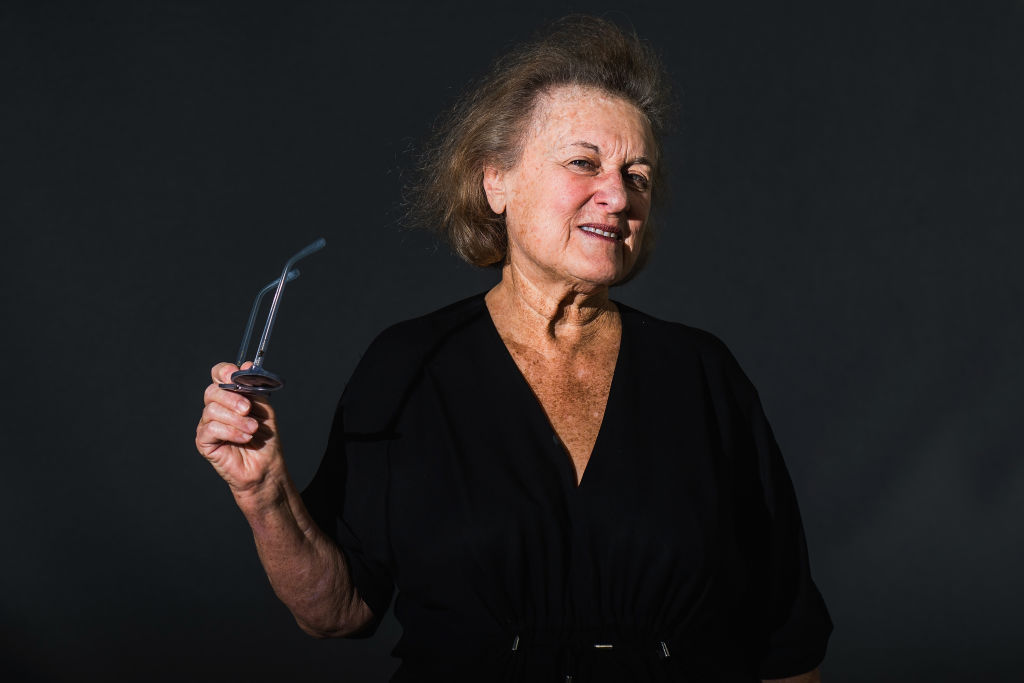 American-English poet and playwright TS Eliot (1888-1965) on 30 August 1957. (Photo: Express / Express / Getty Images)
American-English poet and playwright TS Eliot (1888-1965) on 30 August 1957. (Photo: Express / Express / Getty Images) 